No testing on animals, vegan products, safe for corals and more

no animal testing

Few people know, but… since 2000
We HAVE NOT used animal testing anymore!
Boticário Group does not use animal testing on products manufactured in its operations for its own and/or licensed brands. In addition, the Group requires the same commitment from its suppliers of raw materials and finished products. As an alternative to testing, we are pioneers in Brazil in the use of several laboratory techniques, such as the development of 3D Skin and Organs on a chip. Using these technologies, we can promptly measure the probability a cosmetic will cause allergy or irritation to human skin, evaluating the safety of the product.
why is it important?
Today, we have safe methodologies to determine the safety and effectiveness of cosmetic products, and we do not need animal testing to do so. In addition to pioneering alternative methodologies, we also encourage other companies to do the same. This is how we inspire transformation in the world around us.
our stamps
Our initiative reinforces our respect for animals and commitment to the most responsible and sustainable practices in the development of our products. This initiative receives recognition from two of the most respected international organizations: PETA and Cruelty Free International.
Therefore, in our products and communication vehicles, you can find stamps of approval from these two entities. Understand the difference:
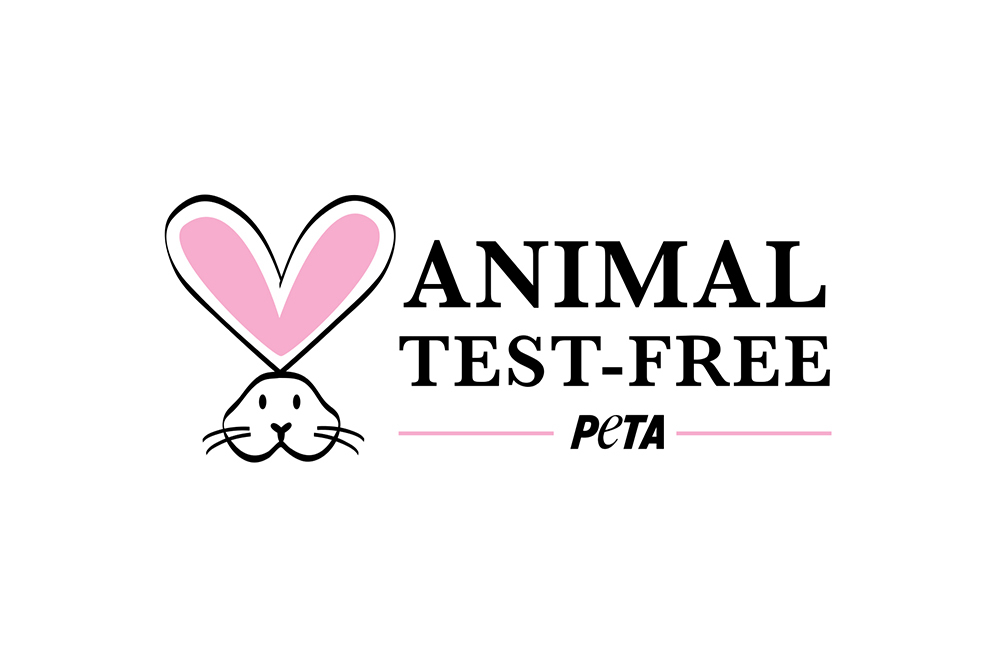
BEAUTY WITHOUT BUNNIES STAMP
Who certifies this stamp?
• PETA – People for the Ethical Treatment for Animals;
• United States NGO activist for animal rights, founded almost 40 years ago. This stamp certifies that animals are not used for food, clothing, entertainment or testing. It is best known to American and Latin American consumers. Boticário Group got its approval stamp in 2018, after submitting a self-declaration. We are on the list of companies that do not test on animals.
LEAPING BUNNIES STAMP
Who certifies this stamp?
• Cruelty Free International;
• NGO based in London, founded in the 19th century. It has a strong presence in Europe. They focus their efforts on combating animal testing worldwide. It is a stamp best known in the European Union, where it acts as a strong advisory body on the topic. Boticário Group received their stamp in 2019, after an audit process conducted by the Group itself and its direct suppliers who, in turn, audited their partners independently. Every three years, there is a new audit.
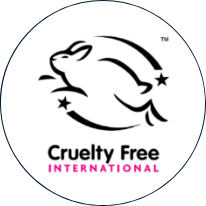
Organic, vegan,
and natural:
Listen to the podcast with Claudia Kremer, regulatory affairs specialist at Boticário Group.

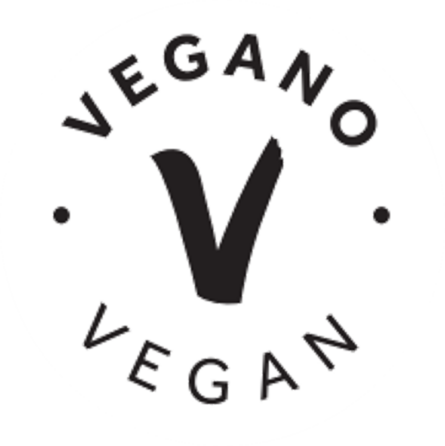
GAINS IN SUSTAINABILITY
Animal protection means:
• No use of byproducts from other processes.
• No use of ingredients originating from metabolism.
• No animal sacrifice or suffering (animal rights, ethics).
products with natural ingredients
We are always seeking to meet market demands, where there is a strong need for beauty regimes to align with healthy lifestyles and also with the use of ethical products and natural derivatives.
Certainly, Boticário Group could not be left out. We decided to communicate our naturality index in some product lines.
What does that mean?
The percentage or naturality index of a product is measured using a calculator. This calculator was co-developed with a partner of the Group. Raw materials or parts of them of animal, plant, biotechnological and mineral origin are included in the calculation. In this calculation, you can see that raw materials of animal origin are included. However, as we are seeking to work with the vegan portfolio, the Group is seeking to have replaced any raw materials that are still of animal origin with alternative sources by 2026.
We haven’t been using these materials for new developments and future product launches.
We have many commitments for the future, and we show our concern to always do more. One of our commitments is: To use 100% raw materials from renewable sources or alternative sources with lower impact.
For example: A lotion with an 89% naturality index means that this is the percentage value of the raw materials in this lotion that are of animal, plant, biotechnological or mineral origin. However, as we no longer work with raw materials of animal origin, this value only represents plant, biotechnological and mineral sources.
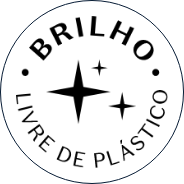
Plastic-free shine
Committed to care for nature, Boticário Group do not use plastic glitter (PET polyethylene terephthalate) in its formulations, as this material takes hundreds of years to decompose. Considering the environmental aspect, Boticário Group chose to use MICA raw material in its formulations, since it has synthetic or mineral origin and does not harm the environment.
safe for corals
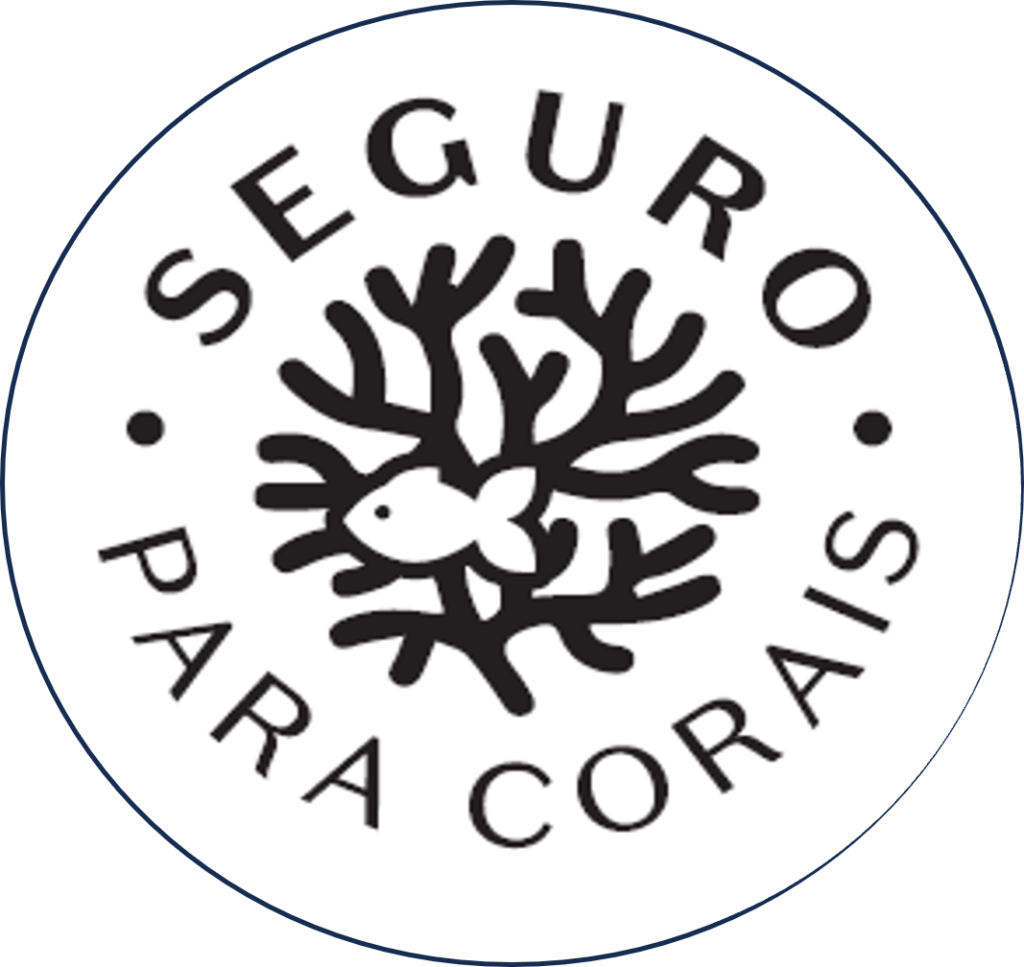
Looking at the environmental impact of formulas and their ingredients is a necessary approach to ensure sustainability of products in the cosmetic industry.
Thinking about the sustainable development of sunscreens, Boticário Group conducts a test in partnership with an ecotoxicology laboratory, ensuring that the complete formulation of the sunscreen do not cause coral bleaching, thus protecting the marine ecosystem.
Corals are to the ocean what forests are to fauna and flora,
in other words, they are fundamental. Animal or vegetable?
Due to their bright colors and the fact that they do not move, they give the impression of being plants, but they are not. Corals are animals that have fundamental roles, since they are considered “forests of the sea”. Most fish species depend on them to survive. However, it is estimated that up to 14,000 tons of sunscreen are washed into the seas around the world each year. The number is shocking, and the environmental consequence is also shocking. That is why we feel so uncomfortable about that, thinking of everything that can be improved.
According to Andrezza Canavez, specialist in Human and Environmental Toxicology at Boticário Group, scientists have questioned the use of sunscreens for contributing to coral bleaching. It is a phenomenon that deserves everyone’s attention and concern, as it is a condition that leaves corals vulnerable and prevents them from obtaining the nutrients they need to survive, leading to the death of these organisms. Just like sea pollution, climate change also causes bleaching. It is important to say that disorderly constructions, irregular tourism and predatory fishing also affect the health of the reefs and the ocean.
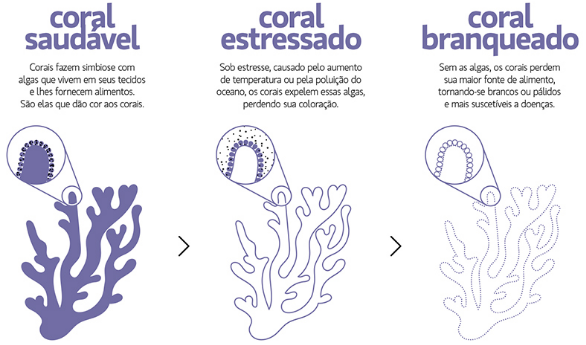
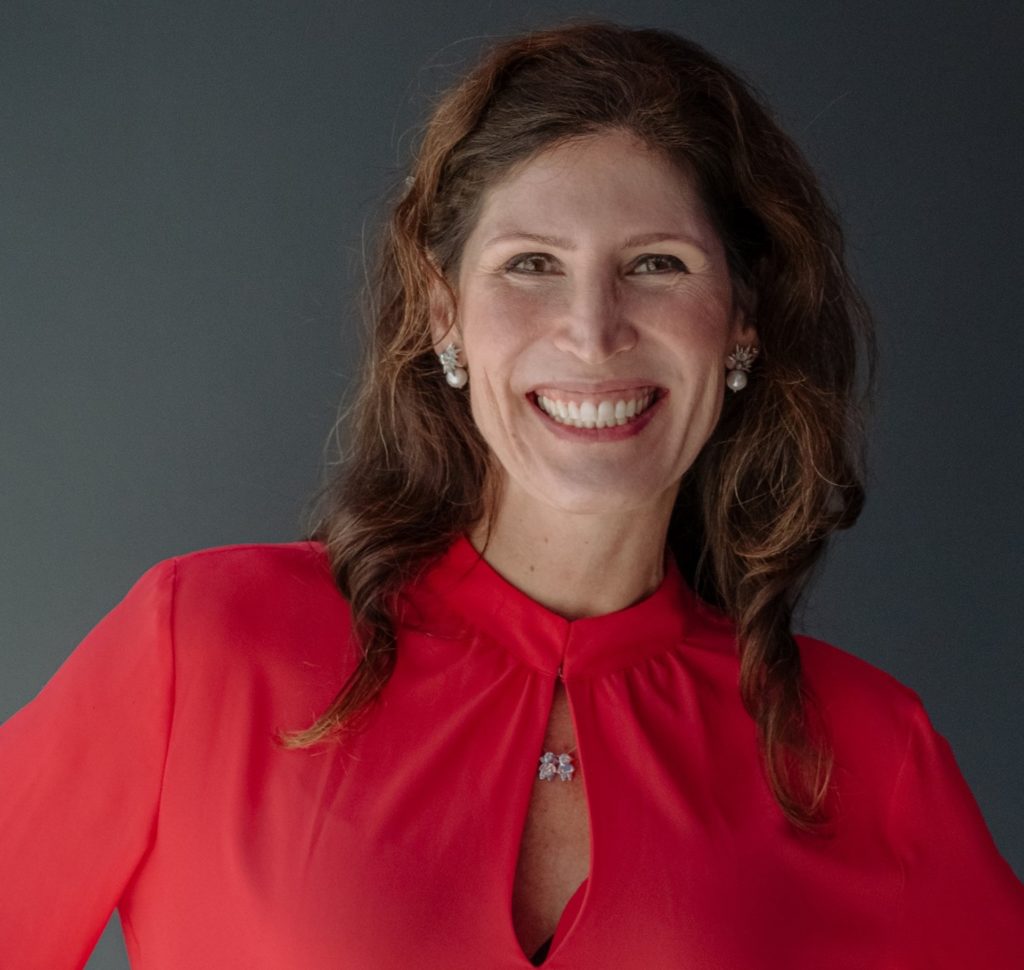
“I love the beach. I was once a surfer and now I practice stand up paddle boarding. Offering the Brazilian market and consumers the first sunscreen that does not harm marine life fills me with pride and satisfaction. It is our role to guarantee the sustainability of the aquatic ecosystem and warn about the risk of coral bleaching and death.”
– Alessandra Mattos Sekeff, vice-president of B2B.
When we talk about sustainability, our main objective is, by 2030, to ensure that 100% of our new rinse-off products will have reduced their environmental impact. In line with this premise, Desirée Schuck, our Product Performance Manager, summarizes our position in relation not only to the products we consume, but also to any daily decisions that may impact the balance of all ecosystems.
“The product may be good for me, but it’s not enough; it also needs to be good for the environment around me.”
– Desirée Schuck, Product Performance Manager.
Do you want to know more about our commitment?
Ensuring lower impact on the aquatic environment for 100% of critical product lines
minimalist formulas
Thinking about the environment, Boticário Group’s researchers study several alternatives to make their formulations more sustainable.
Some optimized formulas were developed to reach this goal. They present a 20% reduction in the number of ingredients compared to the previous version of the product or formulas, with the use of up to 10 ingredients.
Gains in sustainability
Reducing the use
of resources
Lower demand in the
supply chain
Optimizing logistical
storage space
Reducing manufacturing
waste
Making all the manufacturing process more eco-efficient
